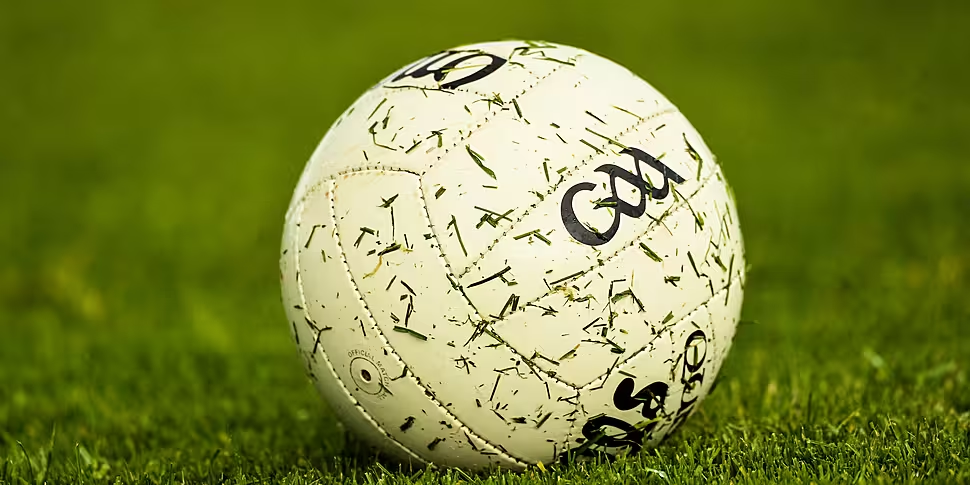Cork GAA clubs are to become the first in Ireland to take training on how to stand up and challenge sexual harassment and aggression in public
The ‘Bystander Intervention Programme’ was developed in 2016 by UCC Professor Louise Crowley for students in UCC and will soon be rolled out to Transition Year classes around Ireland.
It has already been adopted at third level institutions, schools and workplaces across the country – and starting with UCC GAA, clubs in Cork are next.
Prof Crowley told Newstalk Breakfast the Bystander Intervention seeks to teach participants how to identify harmful behaviour likesexual misconduct – which she believes is “really important when so much behaviour has become normalised”.
She said reaching out to schools and GAA teams and running workshops has helped to build a “collective unit” that understands all forms of harassment.
“Not just the more horrendous elements of sexual harassment or violence but the everyday microaggressions that we're seeing,” she said. “The enduring inappropriate jokes and sharing of images.”
Intervention and safety
Prof Crowley said participants should learn two key elements through the programme: intervention and safety.
“The first step is for people to be able to identify that and then developing a sense of personal responsibility for the wellbeing of others,” she said.
“As a bystander, you may not be directly affected, but you have a sense of your own capacity to support somebody by calling out a behaviour that may be affecting them.”
The second step is knowing how to intervene “safely” and avoid “hostile” confrontations, according to Prof Crowley.
“One of the key messages in our training is that successful intervention, in fact, very rarely needs to be a confrontation,” she said.
People has a “misconception” that they should “dive right in” to an uncomfortable situation, but Prof Crowley said other strategies are typically more effective.
“I'm certainly not going to go into a situation in a physical confrontational sense. But I may be able to remove the person who's in difficulty, would be able to interrupt or distract to the other person,” she said.
“You can simply say, ‘would you like me to sit next to you?’ or let them know you see what's happening. And in that moment, you can support the person who's vulnerable and maybe afterwards take action.”
Cultural change in sports
The workshops in UCC GAA are delivered to all football and hurling players, male and female. Coaches are also required to take part in training.
"We deliver it in a way that they hear each other's experiences," Prof Crowley said.
"The male players are kind of awakened to the female experience of what it's like to be [harassed]."
She also said these skills learned are "transferable" to other issues such as homophobia and racism.









